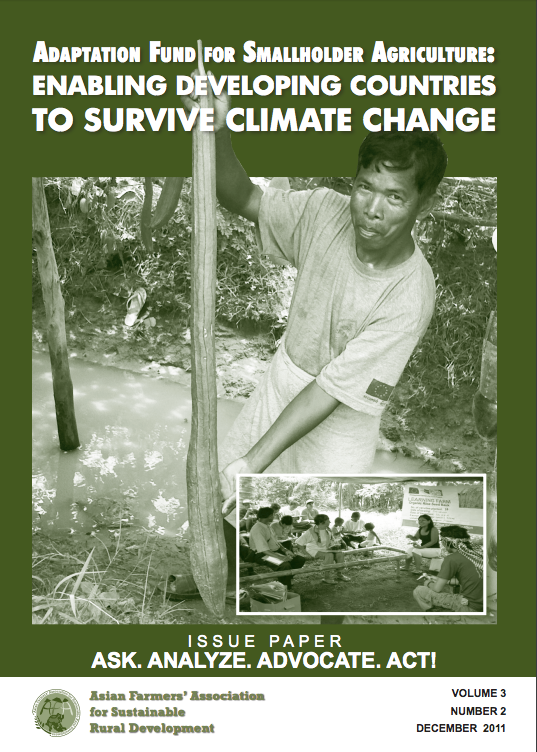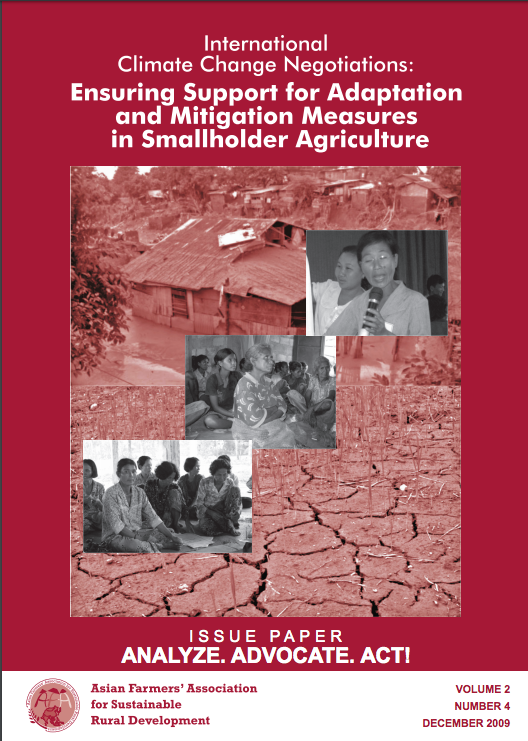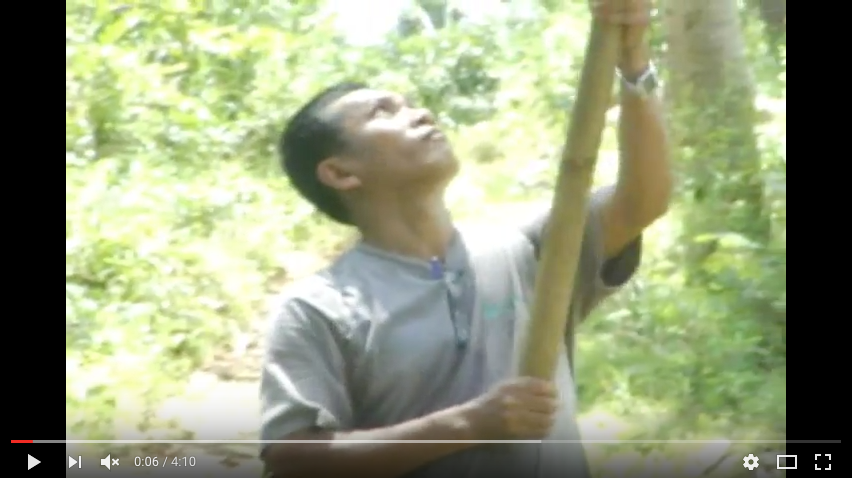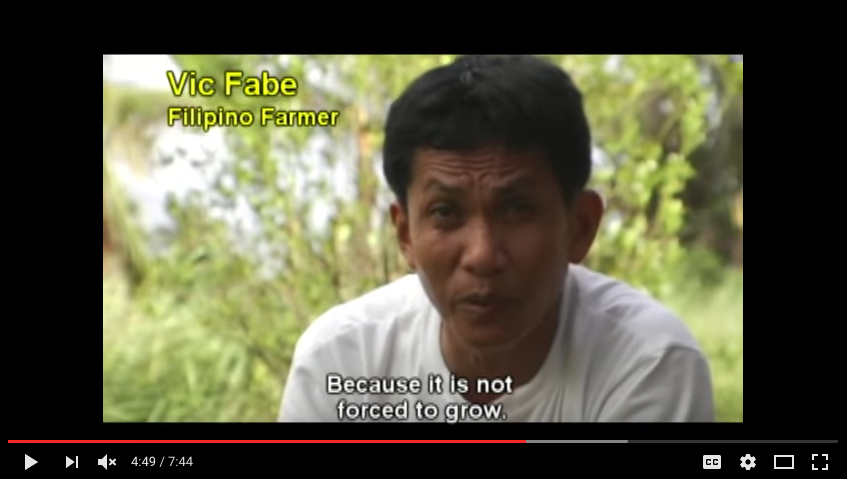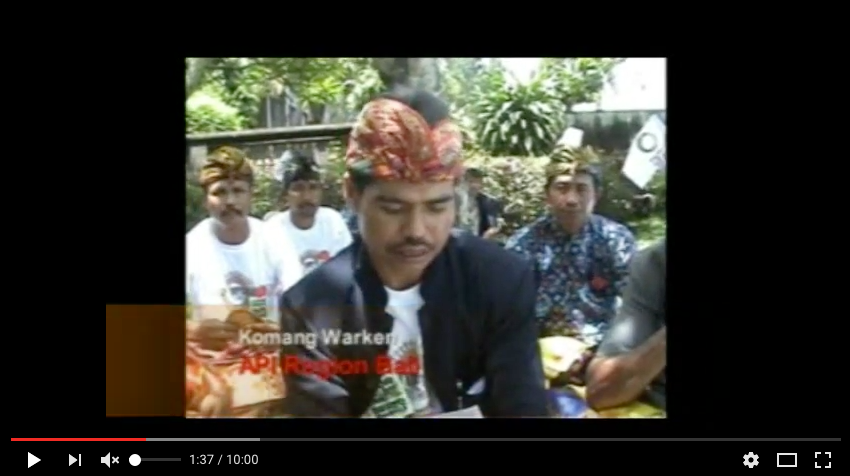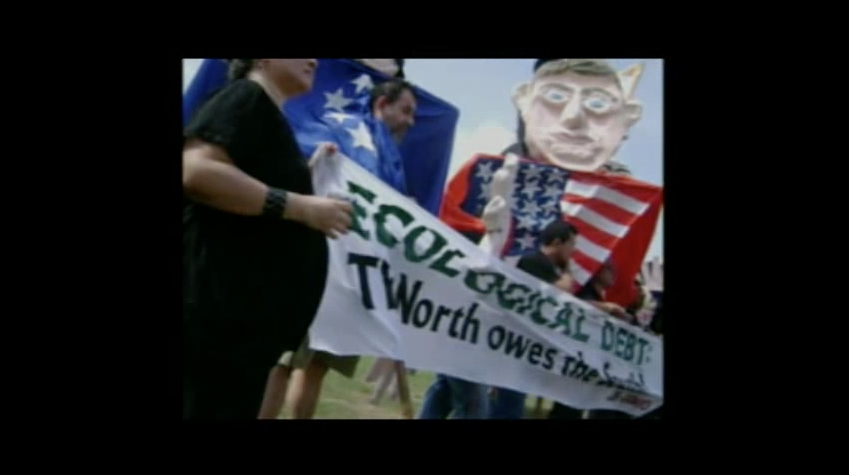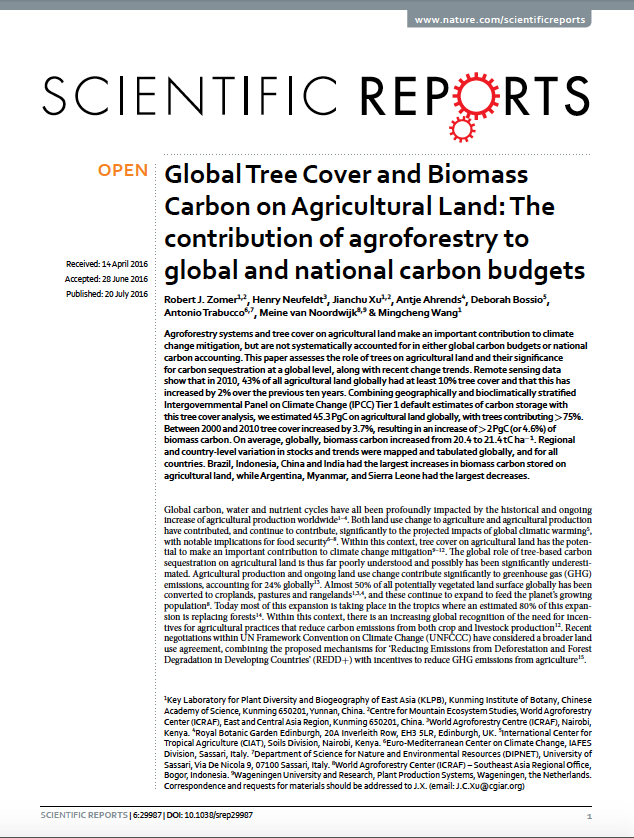Climate Change and Sub-Saharan Africa : Issues and Opportunities
Largely due to the potential threats to
development, and human lives of well known climate changes,
the World Bank is getting involved in a range of activities
under the subject. The note focuses on climate changes in
Africa, and, although it is argued that greenhouse gas (GHG)
emissions from development projects in Africa should be paid
minor attention, - because GHG emissions from Africa are
negligible on a global scale; industrial countries should be


